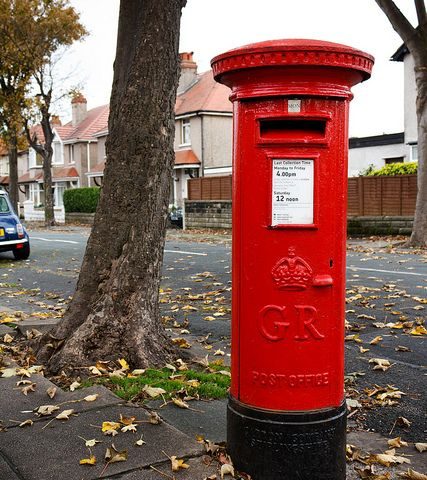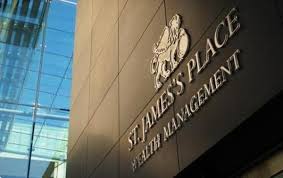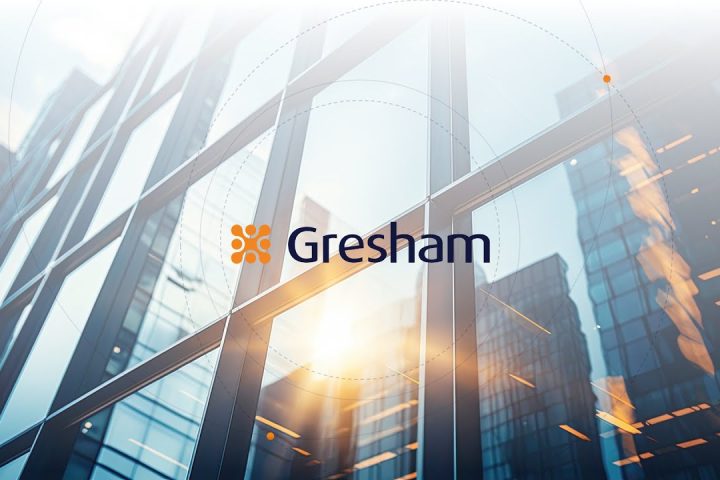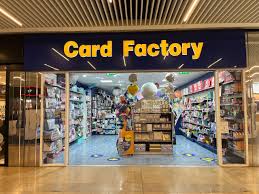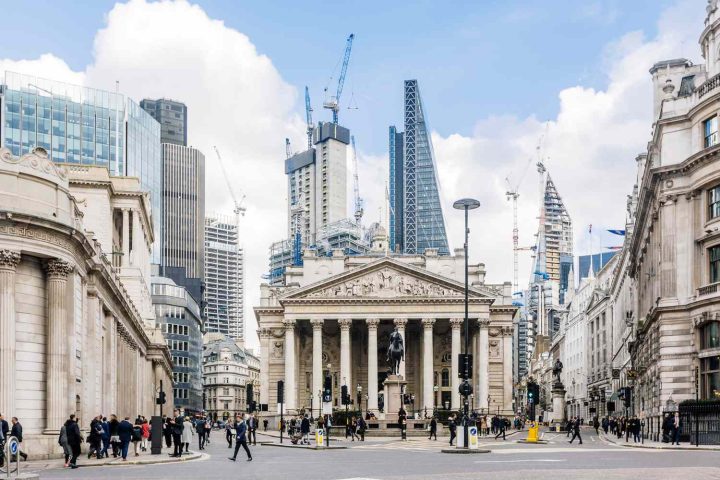The leader of Soho House, Andrew Carine, has disclosed the challenges he’s encountered as the head of a publicly traded company amid criticism from a short-selling group suggesting the members club should revert to private ownership.
Carine, who has helmed the firm for the past two years, informed shareholders that he had deliberated extensively on whether Soho House should remain publicly traded.
The company went public in New York in July 2021, boasting a market value of $2.5 billion (£1.9 billion).
Recently, short seller Glasshouse Research issued a scathing report likening the company’s trajectory to that of the collapsed property-cum-tech firm Wework. In response, Soho House vehemently rebuffed the allegations, deeming them an attempt to manipulate the company’s stock price for the benefit of the short-seller.
Nevertheless, the company’s reputation suffered as a result of the report.
Carine believed the market would reward growth when Soho House went public three years ago. However, he noted a shift in focus towards prioritizing free cash flow and profit over top-line growth, leaving the company burdened with the costs of public ownership with minimal benefits.
He lamented the substantial expenses incurred by being a public company, particularly citing the additional costs of a forensic audit to dispel any doubts raised by the recent negative report.
Carine highlighted the perpetual tug of war between short-term and long-term profits faced by public companies, emphasizing the importance of value creation above all else.
Despite being a public company, Carine noted that the board and its affiliates controlled approximately 75 per cent of the stock, indicating limited public ownership. Furthermore, he mentioned the leakage of confidential information from the unique committee process.
Soho House reported a fourth-quarter loss of $57 million (£44 million) and noted an all-time high waitlist, with membership fees starting at £1,000 per year.
Carine defended the business’s profitability, emphasizing the value generated by mature locations in their second 5-year growth period. He underscored the significant embedded value in existing houses, even before considering adding new locations.



